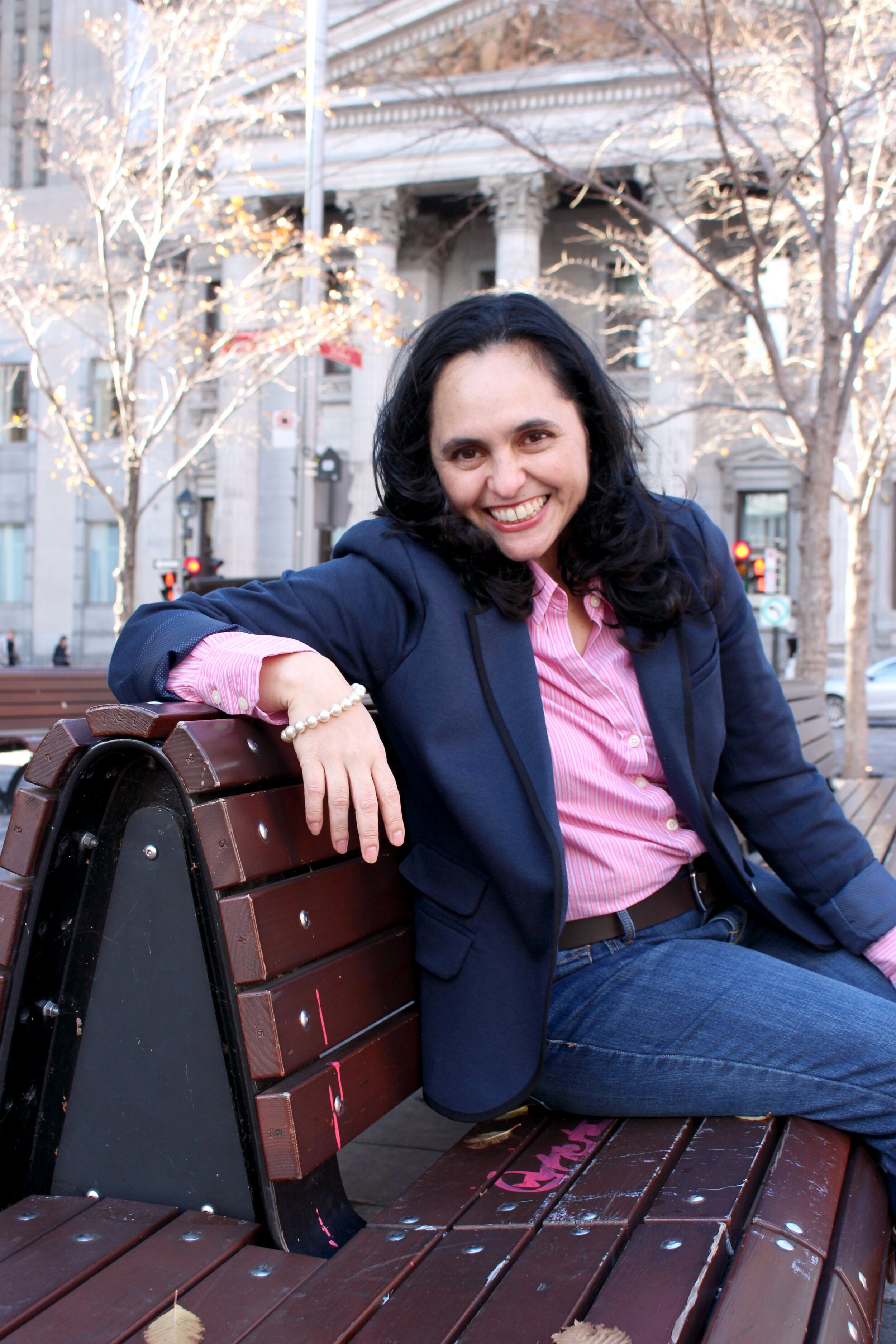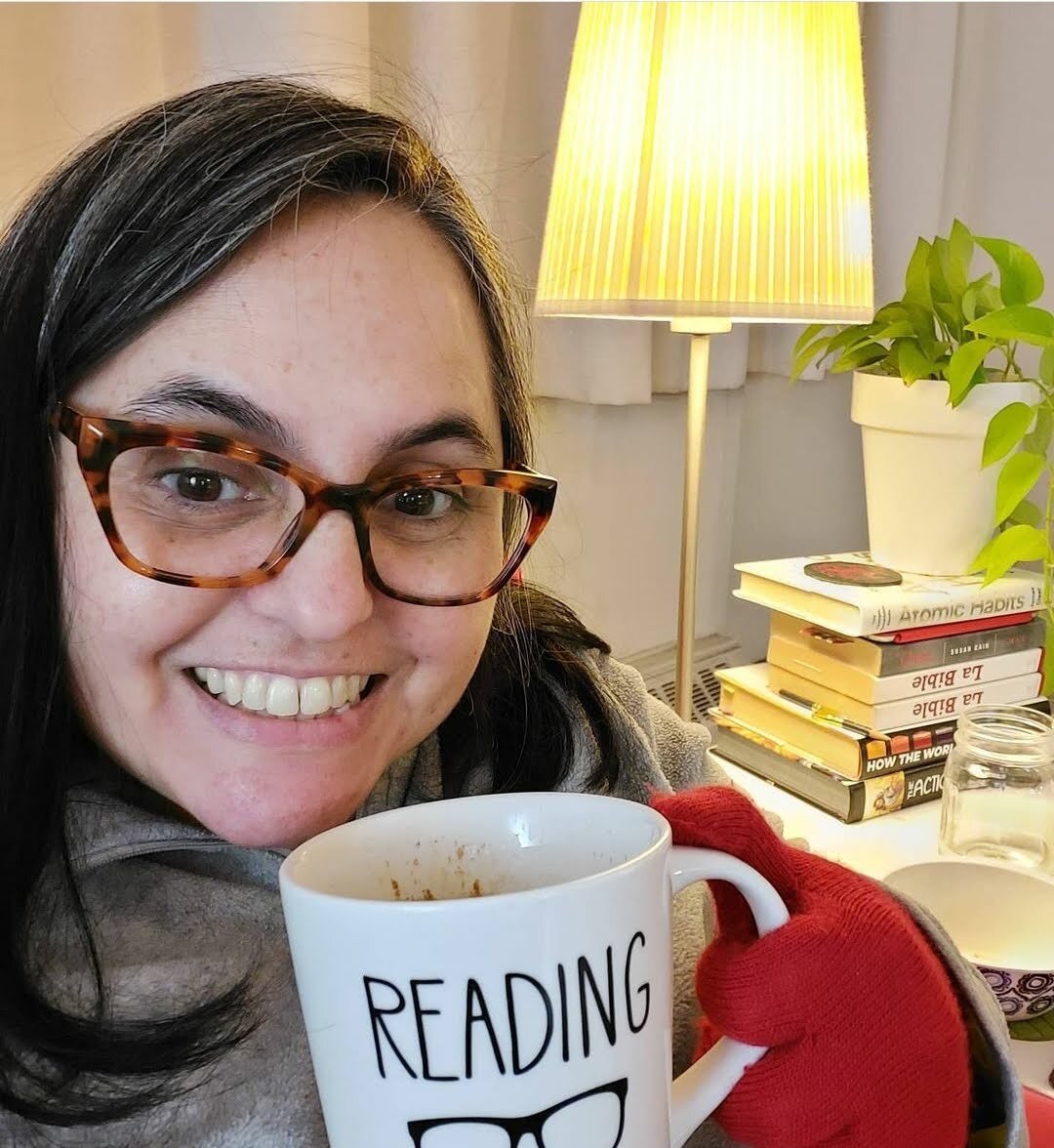Closing The Year Well. Yes, Even 2020.
In the year of our Lord, 2020
I’ve been saying this phrase for the past few days tongue in cheek and also to remind my own heart that he holds all things together, just like Scripture says. That includes all the moments of the past twelve months.
Yes, 2020, with a world pandemic, massive job loss, racial grief, chilling confrontation, a divisive contentious US election that was felt around the world, is also the year of our Lord.
: :
I read the following line in a promotional email last week: “...And finally, let’s leave this year behind us and move on.” Something about the wording didn’t feel right.
To declare that we move on and leave behind what has shaped our daily rhythms for the past twelve months implies in a sense that whatever we experienced can be dismissed with the turn of a calendar page. We are breakable. Some things leave fissures and dents. After all, we are made of clay.
While I reckon that isn’t exactly what the copywriter of this particular business had in mind, it’s a sentiment often found in culture, and even in some churches. It feeds this Western notion that happiness is found in the absence of suffering. Often, the pursuit of happiness becomes the avoidance of suffering.
We then wrongfully buy into the notion that God’s presence and favour are with us in our moments of gladness and must be absent when we face hardship. Why? Because our happiness is the highest good and a good God would not allow you to do without. This, friends is a lie.
In Scripture, the highest good isn’t being happy, but being in God’s presence. What befalls a person isn’t dismissed. It becomes part of God’s story displayed in and through their life.
_
2020 hasn’t been hard for me the same way it’s been for others. I continue to dwell in our tiny Montreal apartment, cozied up with a husband I love and spending more hours together now, thanks to a job that transferred seamlessly online for him, and my flexible writing endeavours.
By God’s grace, we’ve remained virus-free, thus far. And though we don’t own a car, we have ample access to what we need either a 10-minute walk away or with few keystrokes on our computer.
The greatest sacrifice has been in our mobility and freedom to go as we please. For months, our city, burrow, and our neighbourhood were the actual epicentre of the pandemic here in Canada! So, although masks are mandatory by law in public transportation here in Montreal, we use it sparingly. We’ve been downtown a total of three times since the lockdown in March, and we’ve never taken the metro since.
Annoying is a better-suited word than difficult. We have felt the frustration of it all, to be sure. But I can’ thank God enough for my husband still has a job, both our health intact and plenty of food in our pantry. These are things immigration has taught me to appreciate more deeply. This crazy year has taught me to not ever take them for granted.
My heart is sorrowful over the wounds of this year. The grief and loss so many are carrying. Just yesterday a fellow writer and her husband who is a pastor, shared they buried their third elderly member due to Covid. My heart sank. I prayed for the families who will carry that loss and for my friend and her husband who are shepherding them through it. I picked up my phone again only to learn that another writer I follow was asking for prayer for four family members, all hospitalized with the virus, and gravely ill. I put the phone down to pray again.
To pray is good; to feel sorrow even. It’s part of our humanity. The deeper the sadness, the more I feel is our need for God.
_
Though our Canadian lives are simple, quiet, and so far healthy, I think of our parents. By contrast to our stable and quasi idyllic setting, my parents and my husband’s live in Venezuela. A country that is the distant shadow of the land I knew (briefly) in my nomadic upbringing.
Our parents live their days between unannounced power and water shortages, never knowing without which one they’ll have to fare, and for how long. They live in the country with the highest hyperinflation, where most can’t afford fruit or milk. Nor could most buy these items, since it’s hard to come by basic goods.
Three of our parents live in Caracas, the most dangerous capital in the world. You can get killed in broad daylight over a plastic bag of food.
Living there has been hard and dangerous for quite some time. We lived through some of it. There is no law, no protection, no guarantee of any rights. The scarcity of food and decline of services like water and electricity is aggravated by the dismal conditions of whatever healthcare there was, to begin with. Medicine is scarce and treatment for conditions like cancer or diabetes is non-existent.
So, when I think of our parents’ daily reality, my heart feels extra heavy with concern. And as I pray for their provision and protection, I beg the Lord to keep them healthy. Lately, I’ve added to that prayer, please Lord do not let them leave this earth without knowing you. None of them are believers. It’s hard, friends.
How can I close the year well?
I've been asking myself that question. It’s easy to feel about this whole year the way one feels about a project that started on the wrong foot. I think that’s what the line in that promotional email is getting at. But how something begins doesn’t need to determine the ending. That’s how I feel this December.
Without a doubt, 2020 has been a trying year. But, if our faith can’t hold both sorrow and joy we may need to revise the narratives we entertain in our minds. We inadvertently dehumanize ourselves when we expect only joy, and avoid suffering at all costs.
I think for me closing the year well looks like finding God’s fingerprints over the past twelve months. The pandemic shook normalcy out of daily rhythms, but it did not shake God out of our lives. It also feels like making room for tears and sorrow. Jesus could hold both in his own life along with joy in the Father. I want to as well. He commands the storms of life, literally and figuratively.
Although I certainly have hard things I want to leave behind (from life in general, not just 2020), I realize that there is good that came packed along with hardships. There are moments that gave as much as they took, if not more. So much of the fire we go through is used in God's economy, to refine us. I don't want to walk away from that.
To only have room for a safe life free from suffering, is to cheat ourselves out of so much that makes us human. When we yearn, and ask how long, Lord? Our souls are actually right on schedule. For that is what Advent feels like. What we call happiness may be a paper-thin counterfeit for what we long for; peace.
That’s what’s so weird about the Bible. Peace isn’t found outside of suffering. Rather, it is promised right in the middle of it. The highest good, His presence, doesn’t shift with circumstances but is intensified with them.
The expression “In the year of our Lord” is used to signify that the time is after the birth of Jesus Christ. Tired and sad from this strange year, I’m also glad. Because 2020 is also the year of our Lord. Immanuel, God is with us.
Because he is found in the eye of the storm, that’s where I will look.
(Originally shared in my newsletter Food for Thought.)



